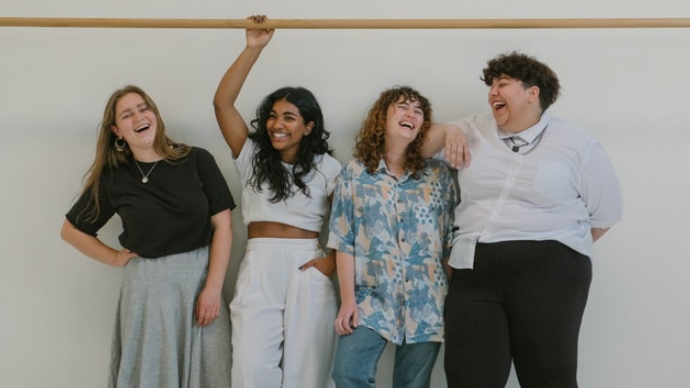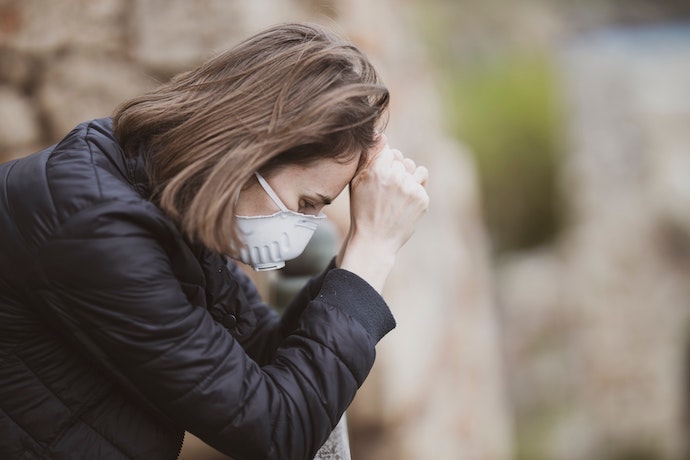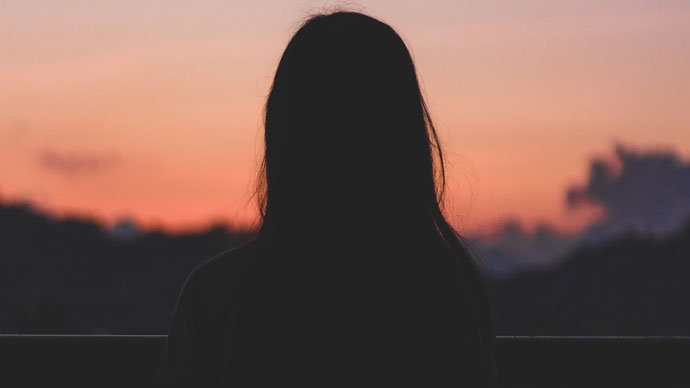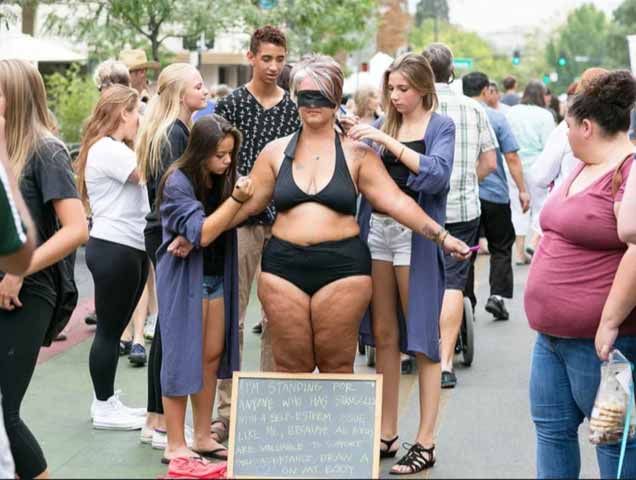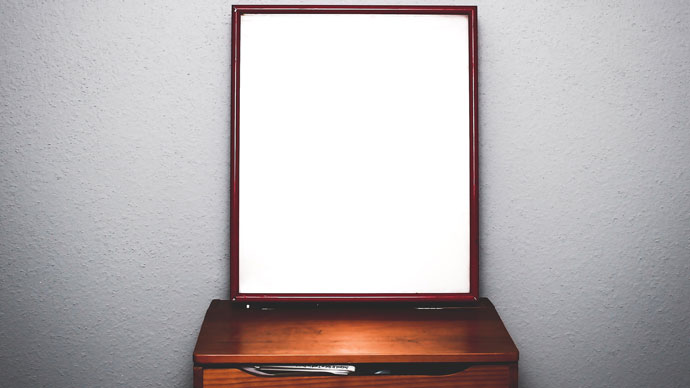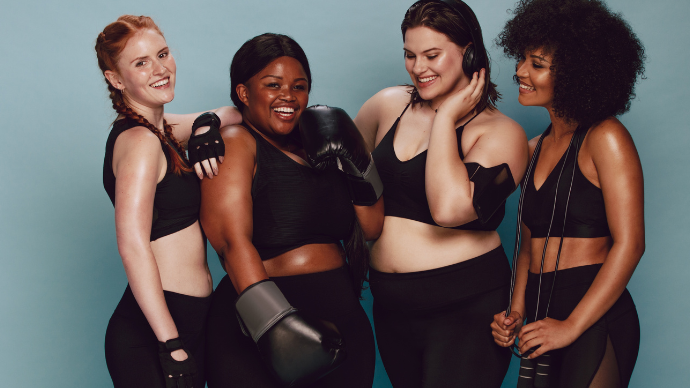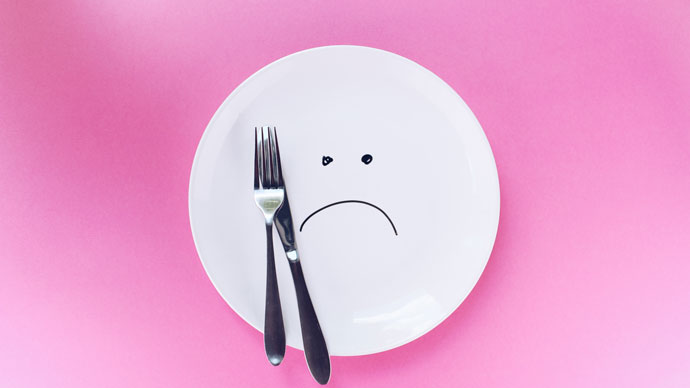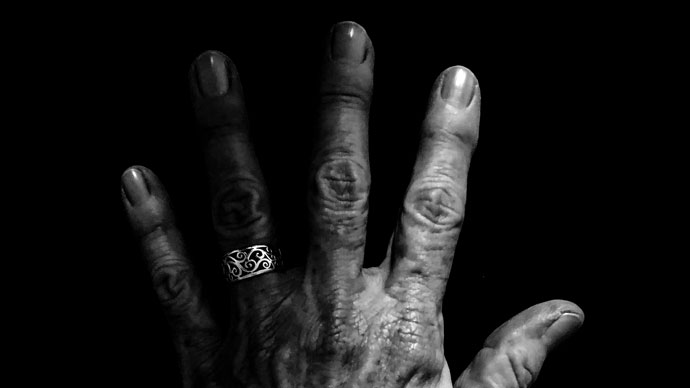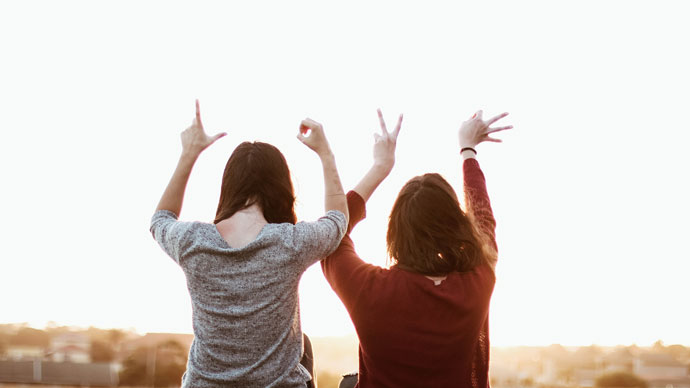My body is not better than or less than your body — or any body.
But is it? As I type this statement I’m spammed. A text notification pops up on my computer screen reading: “Tanya, 1 cup at 8pm shrinks your belly while u sleep, this is why Shark-Tank judges back it! Learn more.”
I question my supposed worthiness as 51-year-old, postmenopausal woman. My rounded belly is judged as a “flaw,” and by purchasing this quick-fix product, I’m promised flat, “attractive” abs, at least defined by perfectionist cultural standards of health and beauty. Sigh.
We’re barraged day after day by these oppressive messages that certain bodies are more valuable than other bodies.
These messages are based on body hierarchy, a system that ranks our place on its ladder depending on our unique human characteristics. Some we’re born with; others change as we live. The list includes body size, gender, race, class, age, ability and health status. Body hierarchy is built on the belief that there’s a “right” and “wrong” way to have a body, such as: Thin bodies are better than fat bodies. Young bodies are better than old bodies. Abled bodies are better than disabled bodies.
The root of the cause
So the solution to poor body image isn’t to fix our bodies or even to just try harder to love what we see in the mirror, making our body the problem. It’s to dismantle what’s driving it, the root cause, this system that ranks some bodies as better than others.
When we embrace body diversity the system will crash and body image will be a challenge of the past. Ultimately, by celebrating the uniqueness of each human body we can create a kind, just, compassionate world for every body.
On a recent podcast episode of “Unlocking Us,” shame researcher Brene Brown highlights the potential power we over this body hierarchy. She had read an article revealing that “if every woman woke up and said, ‘I love what I see, I’m not buying anything,’ would be a faster collapse [of the economy] than the airlines after 9⁄11. It would be within 24 hours, the entire system.”
Yes: Collectively, we are that powerful.
Embracing body diversity
“Human bodily diversity is a form of natural intelligence,” Sonya Renee Taylor, activist and author of “The Body Is Not an Apology,” says on Brown’s podcast. “It means that all bodies are supposed to be different because that is the version that is specific to your particular journey.
“In order to have a thriving world,” she says, “a thriving ecosystem that works in harmony, we need variance. We recognize that. We know that innately. And yet because we are so far away from our own sense of inherent knowing of our enoughness, we’ve constructed a world where that’s not true for our bodies.”
So, let’s take action.
“‘Check your privilege,’” body image coach Summer Innanen says on her podcast, “Fearless Rebelle Radio,” “means that you bring attention to your words and actions to make sure you’re not harming others who actually experience discrimination, and that you’re using privilege to be an ally to eradicate fat phobia.”
For example, while exploring the body-positive movement I learned that I have “thin privilege” — the advantages that are associated with someone who lives in a body deemed “acceptable” by society and that exist only because of weight stigma, discrimination or stereotyping.
“As a thin or in-between-size person,” Innanen says, “this is not to say that you can’t have a messed-up body image or that you don’t struggle emotionally. Rather, it’s about acknowledging that your experience is not the same as someone who actually lives in a larger body.”
So if we are calling ourselves “fat,” when we are not, we must stop.
Thin or in-between-size people, unlike those living in larger bodies, aren’t bullied or judged by others for simply enjoying a slice of pizza or an ice cream cone. Shopping for clothes in their size is no big deal. And a visit to the doctor’s office isn’t filled with the dread of potentially being judged purely by your body weight.
Or perhaps you do love your body. But “if you only love your body when you love how you look, that’s not love,” says Lexie Kite, co-founder of Beauty Redefined, a nonprofit whose mantra is “Women are more than just bodies. See more. Be more.” She continues, “That is conditional and objectifying. You deserve love.”
Ultimately we must recognize there’s a huge difference between disliking our bodies and being attacked by society for our body size.
Examine your body talk
Because of body insecurities we may shame ourselves for simply eating dessert or having a round belly. While our intention isn’t to harm other bodies, acknowledge these comments as fat phobic.
Furthermore, recognize fat shaming as placing blame and making assumptions about people’s behaviors based solely on their body size, without acknowledging the complex factors that affect our health.
And let’s stop comparing our bodies with other bodies, as comparisons hold up this oppressive system.
Consume body-positive media
The average American woman is between size 16 and 18, according to a 2016 study by the International Journal of Fashion Design, Technology and Education.
Yet the majority of the images we see don’t represent reality.
We can intentionally choose to consume media that are countercultural, portraying realistic bodies, and to unfollow and block media that make us feel-less than or better-than other bodies.
On Facebook and Instagram we have the power to hide ads or report ads and include a reason. “It’s offensive” is my personal favorite.
And to take a stand against spam texts and emails selling magical belly-shrinking potions, add filters to your phone and computer.
Remember: No body is born inherently better than another body. Body image wouldn’t exist without body hierarchy.
Let’s collapse the system and create a kind, compassionate, just world for every body.
Be a rebel.
(Originally published in my column, Radical Acceptance, Jackson Hole News and Guide, October 14, 2020)


